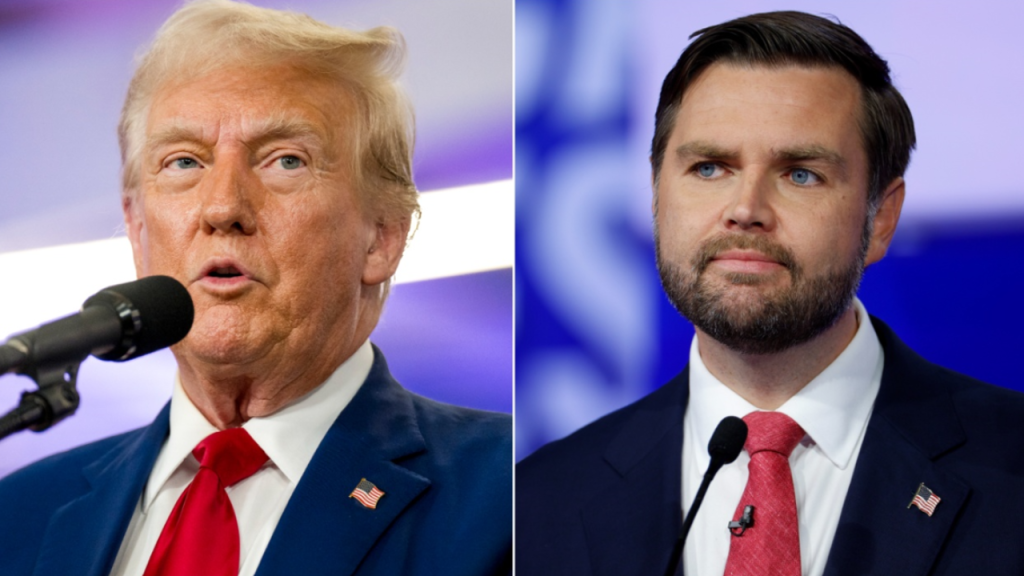The impending appointment of a new senator to fill the vacancy left by J.D. Vance’s election to the U.S. Senate has sparked speculation and political maneuvering in Ohio. Governor Mike DeWine, who holds the authority to appoint Vance’s successor, recently visited former President Donald Trump’s Mar-a-Lago residence in Florida, accompanied by Lieutenant Governor Jon Husted. While the specifics of their discussions remain undisclosed, Husted is considered a leading contender for the Senate seat. This visit underscores the significance of Trump’s influence in Ohio politics and suggests that his endorsement could be a pivotal factor in DeWine’s decision.
The appointment process is governed by state law, which mandates that DeWine select a Republican to serve until a special election is held in November 2026. This election will determine who completes the remainder of Vance’s term, which extends to 2028. The winner of the special election will then have the opportunity to run for a full six-year term in 2028. The compressed timeline creates a unique dynamic, as the appointed senator will have a relatively short period to establish themselves before facing an election. This could advantage established political figures like Husted, who already possess statewide name recognition and a political network.
Governor DeWine has emphasized that he is seeking a “workhorse” candidate who can earn the trust of Ohio voters. Beyond Husted, several other prominent Republicans are reportedly under consideration, including attorney Mehek Cooke, Secretary of State Frank LaRose, former Ohio GOP Chair Jane Timken, and Representative Mike Carey. Each candidate brings unique strengths and experiences to the table, offering DeWine a diverse pool from which to choose. The competition for the appointment highlights the depth of the Republican bench in Ohio and the eagerness of ambitious politicians to ascend to the national stage.
Cooke, one of the individuals being considered, has expressed her strong support for Husted should he be chosen by DeWine. She described him as a “battle-tested” leader with a long track record of service to Ohio. This public endorsement, coming from a potential rival, indicates a degree of consensus within the party and suggests that Husted may have an edge in securing the appointment. It also speaks to the importance of party unity going into the 2024 election cycle.
The looming decision facing DeWine carries considerable weight, not just for the immediate future of Ohio’s representation in the Senate, but also for the longer-term political landscape of the state. An endorsement from both Trump and Vance would significantly bolster the appointed senator’s chances in the 2026 special election. Their combined popularity and influence within the Ohio Republican Party make their support highly coveted. This dynamic further underscores the enduring power of Trump’s brand of populism within the GOP and its potential to shape electoral outcomes.
Husted’s potential elevation to the Senate could also have implications for the 2026 gubernatorial race. He has long been seen as a frontrunner to succeed DeWine, but his acceptance of the Senate appointment would remove him from that contest. This could open up the field for other ambitious Republicans, including businessman Vivek Ramaswamy, whose potential candidacy has reportedly caused some potential gubernatorial candidates to reassess their strategies. The interplay between the Senate appointment and the gubernatorial race adds another layer of complexity to Ohio’s political landscape. The decisions made in the coming weeks will have far-reaching consequences for the state’s political future.

